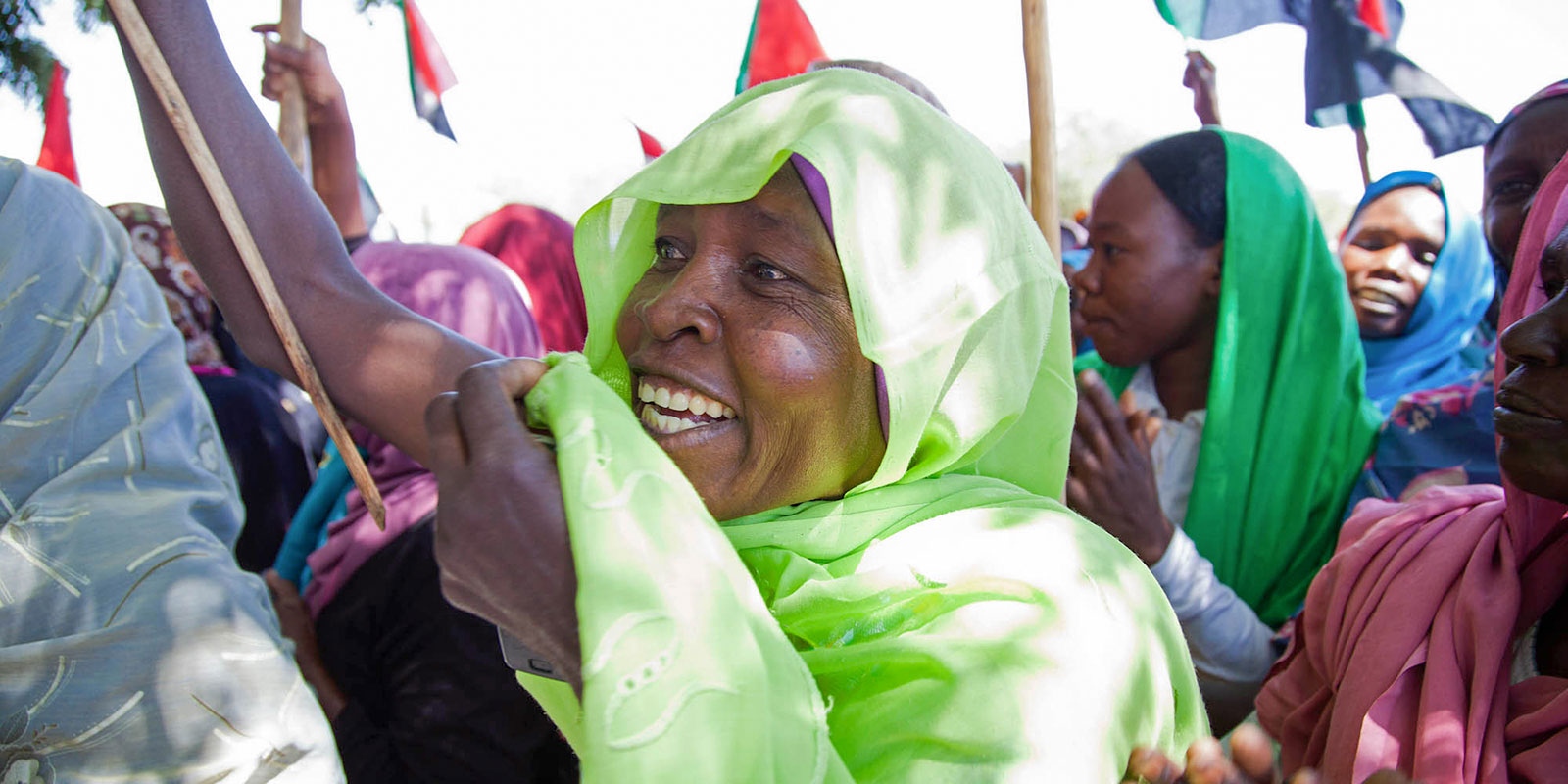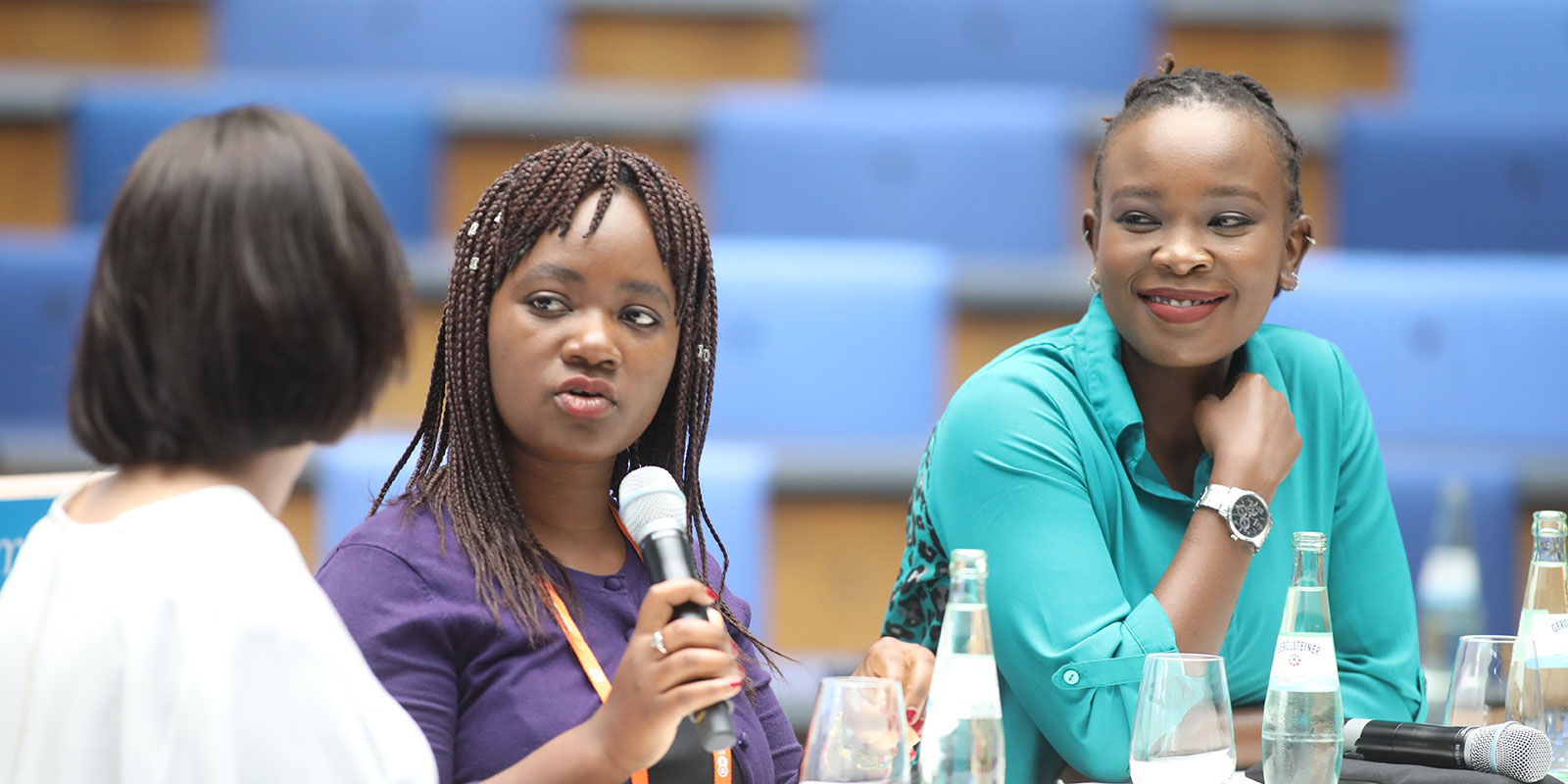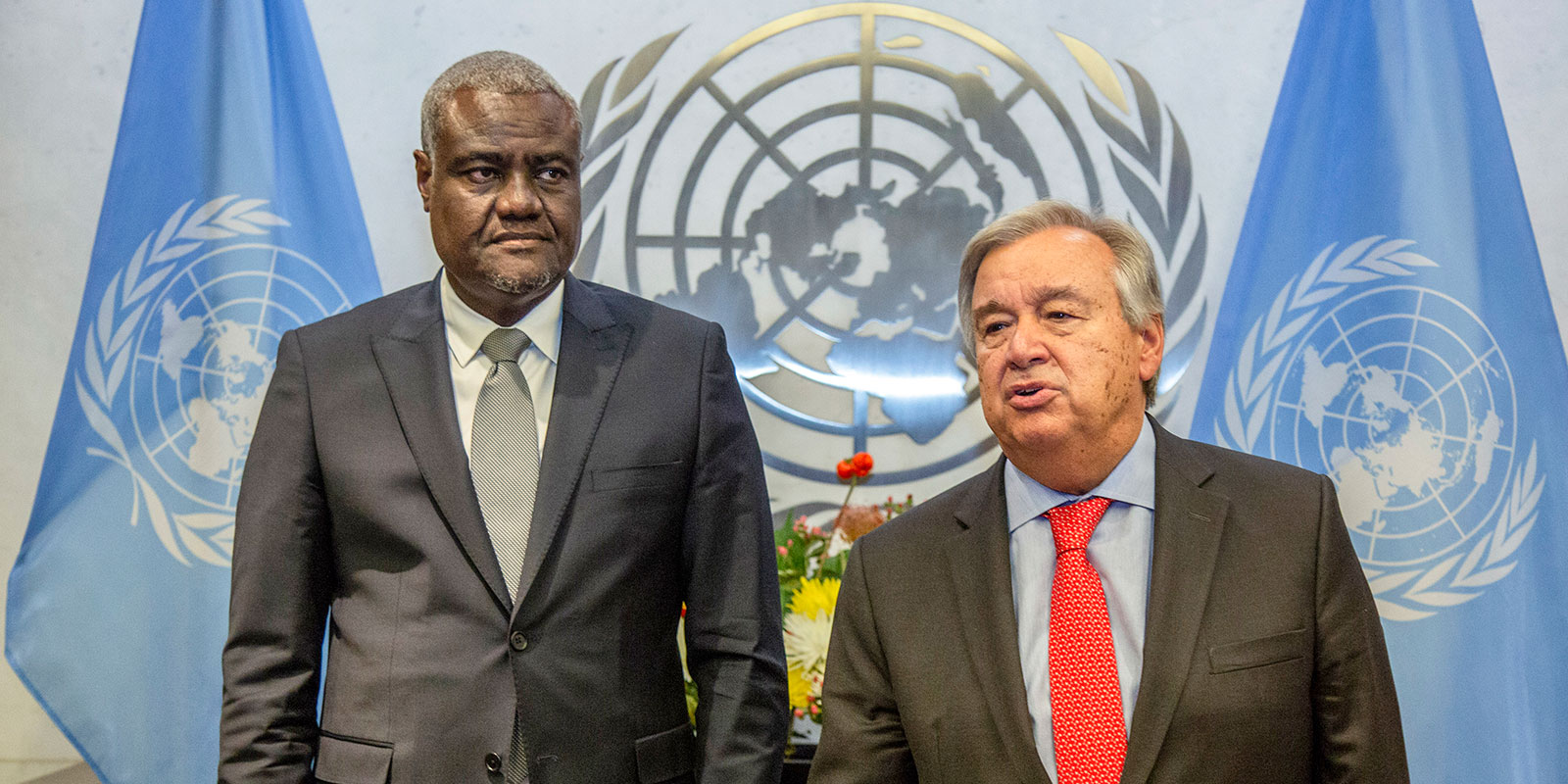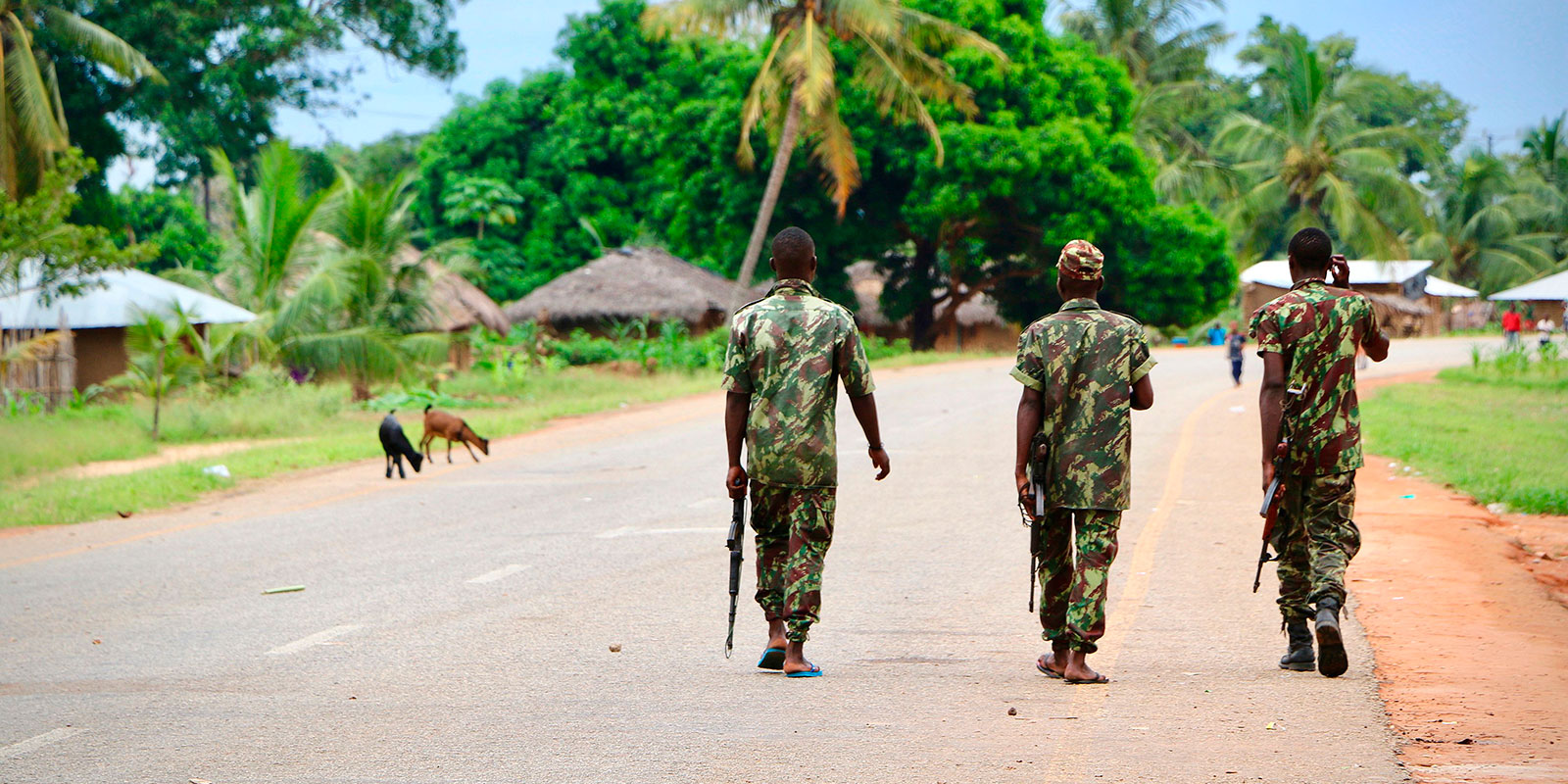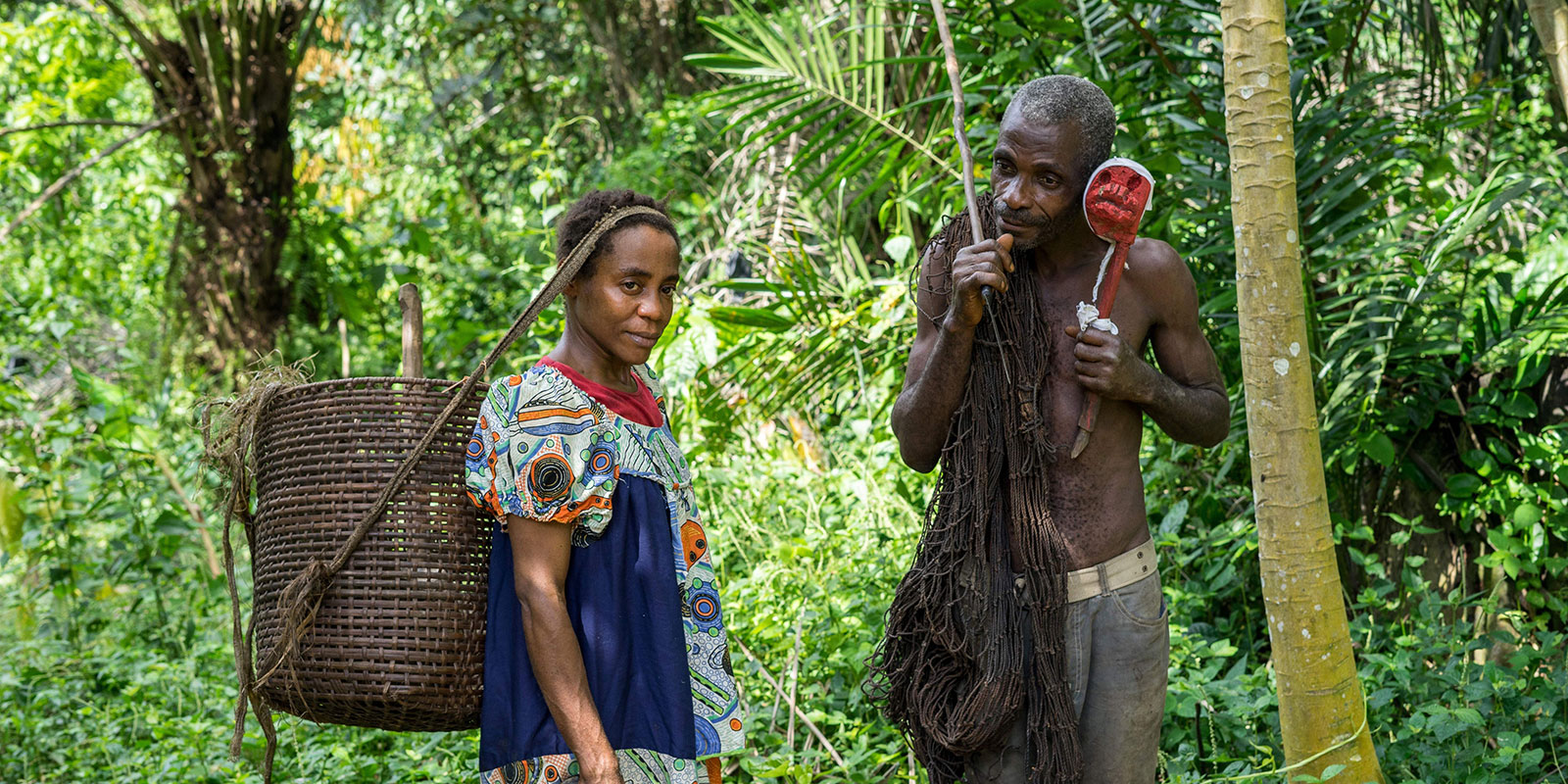Our feature article in this week’s issue is by Betty Bigombe, who highlights the importance of working towards a global ceasefire – a cessation of hostilities across all conflicts – as called for by the United Nations (UN) Secretary-General and the African Union (AU) Commission Chairperson, so that all countries and communities can focus on their common enemy: COVID-19.
Dr Philani Mthembu calls to attention the continued resilience shown by many countries in Africa, including in the Southern African Development Community (SADC) region, thus defying earlier forecasts that had suggested that the continent would be overwhelmed by the COVID-19 pandemic.
The efforts by young people in the SADC region to respond to some of the sociopolitical challenges that emerged or were exacerbated by COVID-19 in different countries are discussed by Luanda Mpungose and Karabo Mokgonyana.
This edition’s last article is by Professor Martin Rupiya and Marisha Ramdeen, and focuses on the impact of COVID-19 on indigenous peoples in Cameroon. It calls for the AU and the more than 42 African countries with indigenous communities to pay attention to the special needs of these communities during the COVID-19 pandemic.

